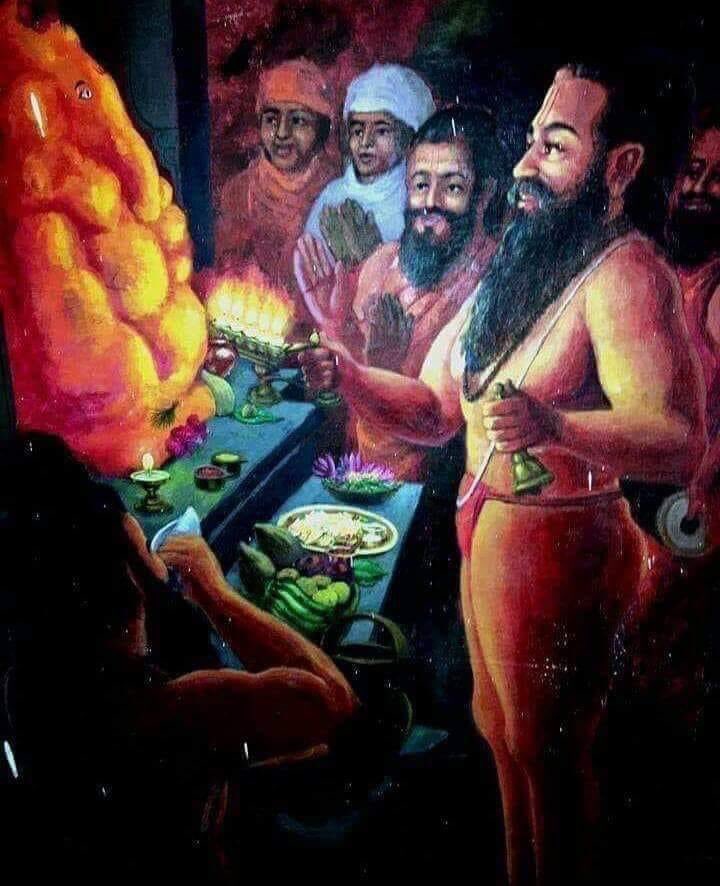
I really wish to have an audiobook of vālmiki rāmāyaNa, vyāsa bhārata and 18 purāNas and bhāgwata. Not kīrtana. Just reading of these as it is
Preferably in Marathi. Second option Hindi
Just finished Mythos and Heroes by @stephenfry. What a pleasure to listen. My complements
Preferably in Marathi. Second option Hindi
Just finished Mythos and Heroes by @stephenfry. What a pleasure to listen. My complements
It is not possible to treat Hindu scriptures similarly the way Stephen has very nicely treated Greek myths. Partly because unlike Greeks, Hindus still is a living tradition.
Devdutt Pattanaik tries and miserably fails at getting the crux because he disregards apaurushèyatva
Devdutt Pattanaik tries and miserably fails at getting the crux because he disregards apaurushèyatva
Problem is these “Indologist” people is that they try to do a Doniger and indulge in too much of allegorical slugfest. They simply won’t tell the story as it is. Just read the damn thing as it is
For most part, @stephenfry tiptoed from being allegorical and told the stories.
For most part, @stephenfry tiptoed from being allegorical and told the stories.
The story of birth of Athena from Zeus’s head and punishment of Prometheus by Zeus is so brilliantly narrated. Gave me goosebumps.
In his preface to the audiobook “Study in Scarlet”, Stephen described Sherlock Holmes emerging as a “fully formed character” at birth - like Athena
In his preface to the audiobook “Study in Scarlet”, Stephen described Sherlock Holmes emerging as a “fully formed character” at birth - like Athena
• • •
Missing some Tweet in this thread? You can try to
force a refresh




